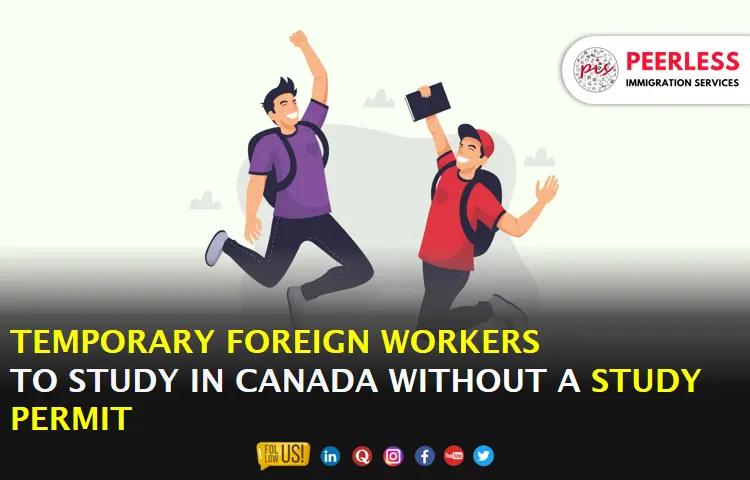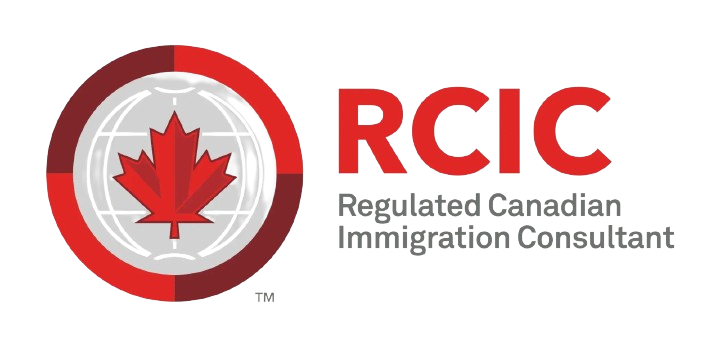
Temporary foreign workers can now study without a study permit
Thousands of temporary foreign workers bring their expertise to Canada each year, assisting in the country’s economic growth and filling important labor market gaps.
Despite being vital to Canada’s development, foreign employees may encounter restrictions on the kinds of study programs they can participate in to follow their aspirations and open up new prospects.
The Minister of Immigration, Refugees, and Citizenship, the Honourable Sean Fraser, announced a new temporary measure that eliminates the maximum length of study programs that temporary foreign employees may enroll in without a study permit.
Beginning right away, international employees will have the chance to pursue extra training and education that will benefit them in their professions.
Additionally, this policy will improve the job prospects of foreign employees and provide them with more chances to move to Canada permanently.
Prior to this modification, foreign workers might pursue education while working, but only in courses lasting six months or fewer.
They have to submit a supplementary study permit application for extended programs.
The duration of the program is unrestricted as the foreign workers’ work licenses are still in effect or until the policy’s expiration under this new, temporary 3-year provision.
This interim remedy is applicable to persons who are legally able to work and who have a current work permit or who have applied to renew their work permit on or before June 7, 2023.
Foreign workers who want to continue their education past the end of their work permit must still apply for a study permit.
Things to take under consideration:
Nearly all of Canada’s labour force expansion is a result of immigration. Immigration, primarily in the economic category, accounts for around 75% of the growth in Canada’s population. Immigrants will make up much to 30% of Canada’s population by 2036, up from 20.7% in 2011.
In Canada, there were 7 workers for every retiree 50 years ago, but the ratio is now more like 3 to 1. And if Canada maintains its current course, there will be two workers for every retiree in the country within the next 10 to 15 years.
Canada’s educational system recently received a top 10 ranking from worldwide businesses in the Global Employability Rankings.
In order to inform potential future policy adjustments, Immigration, Refugees and Citizenship Canada (IRCC) will assess the results of this interim public policy.
- However, this temporary public policy might make it more likely for more foreign nationals to be invited to submit an Express Entry application for permanent residency. Candidates may be able to raise their CRS score by, for instance, earning a higher education degree or accumulating relevant job experience while enrolled in part-time coursework.
- Additionally, by honing their French or English abilities or acquiring experience in higher-skilled jobs as a result of improved skills obtained via education, candidates may be able to increase their CRS points.
Get in Touch
Feel free to contact us for answers to your questions. You can contact our expert at +91-8595010514 or send an email to info@peerlessimmigration.com















